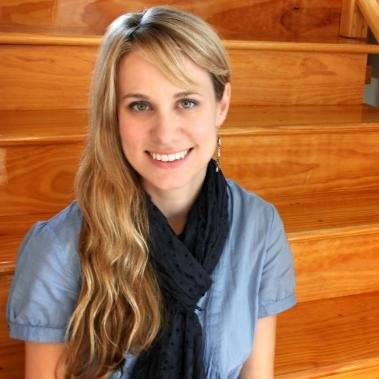
Linda Nichols
Technical Specialist - Microsoft
Linda Nichols is a Technical Specialist focusing on the Cloud Native GBB team at Microsoft. In addition to living and breathing application development, she has a passion for community involvement and education. She is a co-founder of Norfolk.js, NodeBots Norfolk, and RevolutionConf. She also enjoys teaching local classes and workshops. She holds a Bachelor of Arts from Old Dominion University and a Masters in Information Technology from Virginia Tech. She enjoys bad karaoke, good sushi, and all varieties of cats.
Serverless to Code-less
The future will not demand more code, it will demand faster iteration and innovation. Writing new code is time-consuming, expensive, and every line created is a potential bug or vulnerability. In order to compete, developers must be engineers, not coders. Engineers don’t create the individual blocks, but they know to arrange building blocks together in a way to produce better quality and more reliable products. For serverless applications, the basic building block is FaaS supported by other fully-managed services.
Not only are developers now able to abstract away their infrastructure concerns, but now they also have the services necessary to build the most powerful and reliable applications to compete in a modern world.
Let’s discuss how to move a development culture away from code-first to using existing hosted services. Let’s also look at some serverless no-code/low solutions and how they can be used to more efficiently build powerful and reliable modern applications.

